A main area of Denise Callaghan’s expertise is babies and children. Denise uses gentle Cranial Osteopathy suitable for children and young infants.
To make an appointment with Denise
For more information on how Denise can help your baby or young infant please contact the clinic directly and she will happily answer any questions you may have and invite you in for a consultation if suitable.
Please call our Bromley clinic on 0208 313 0510 or Orpington clinic on 01689 858068.
Denise has attended courses on the Paediatric Pathwayat the Sutherland Cranial College of Osteopathy to deepen and extend her skills and knowledge in treating children. Here’s how her skills can help you and your child during those crucial stages of development.
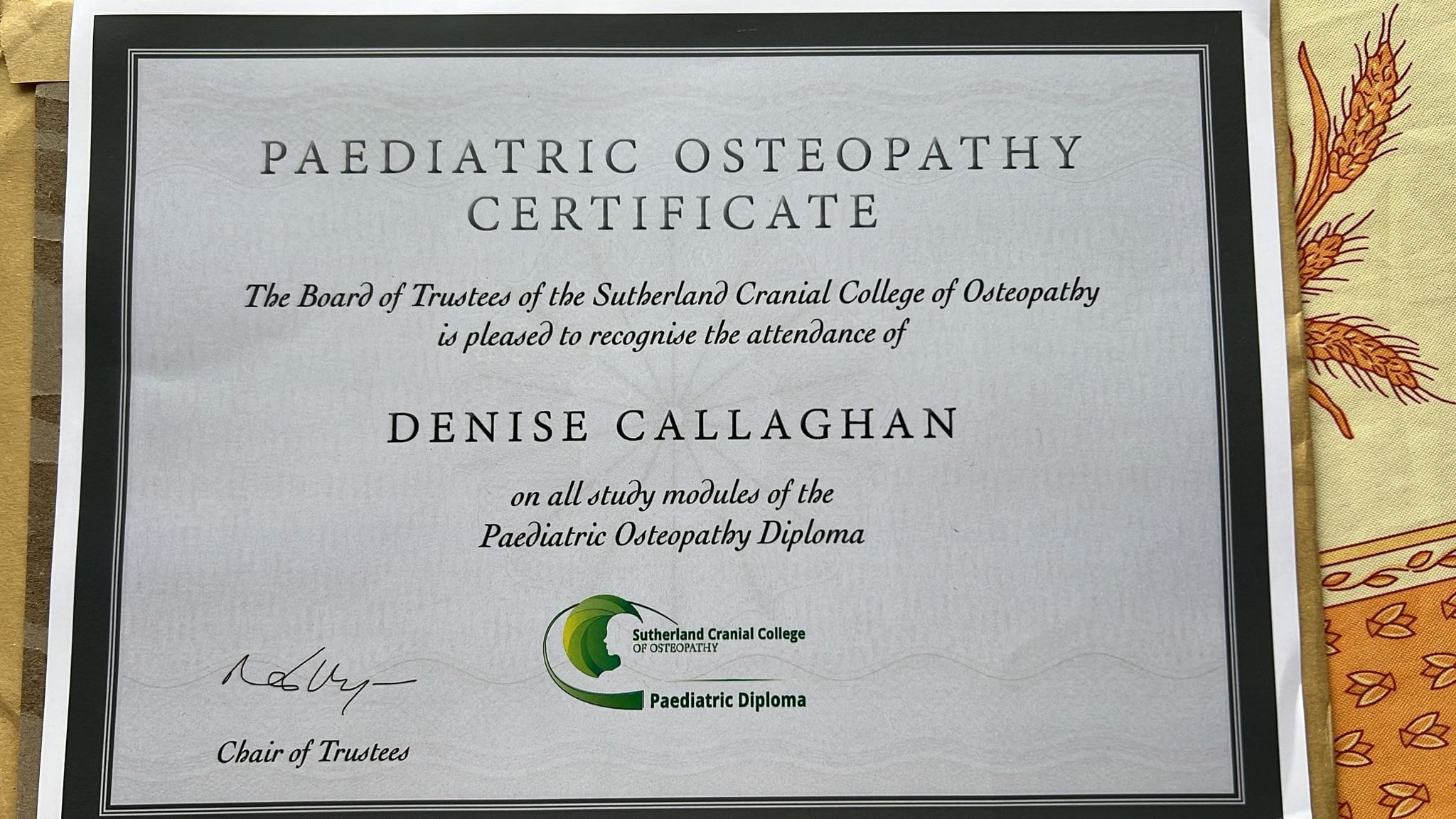
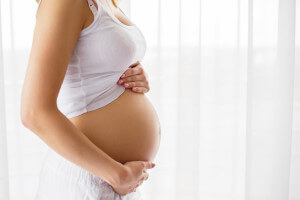
Bump to birth
This course involved training in the changes that occur to both mother and baby during pregnancy. This expands the scope of osteopathy to supporting pre and post-natal parents and their new children.
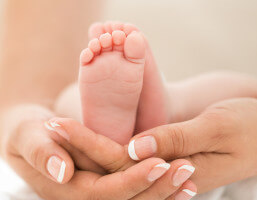
Growing a frame
Study of the incredible growth of the skeleton from embryo to infant. Understanding the skeletomuscular structure is essential to the field of Osteopathy and ensuring the healthy development of your child.
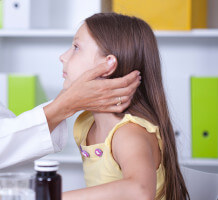
Developing Brain and Emergent Behaviours
This course involved training in the development of the brain from infancy to early maturity. The brain undergoes extraordinary changes during these early stages of life, and it is essential to understand them to provide good care.
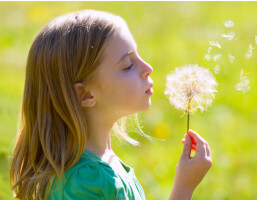
Establishing Oxygenation and Vascular Flow
Understanding the development of the lungs, vascular system, and lymphatics from newborns into early infancy. This is an especially important process during those early years as it controls the oxygenation of the body.
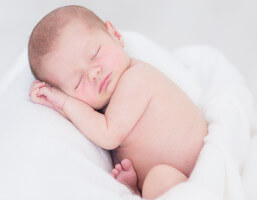
Abdominal Motions
It is key to understand the normal development of the delicate gut, kidney and urinary systems as they mature. These are essential components to a functioning body and providing care for them is of the utmost importance.
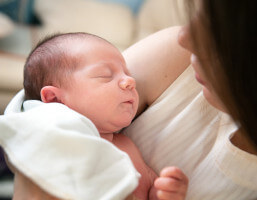
Obstetrics
Osteopaths need to understand the intricate processes of pregnancy in order to provide care for both mother and child. Influence on these processes can have radical effects so their importance cannot be understated.
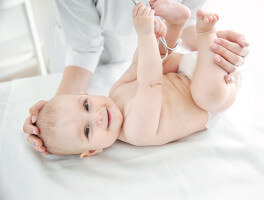
Neurology
This course increased familiarity with developmental milestones and common neurological conditions encountered in children. It also covered issues from premature birth.
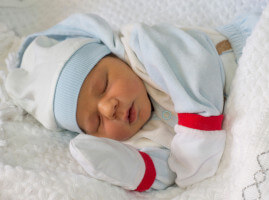
Orthopaedics
Knowledge of the skeletal structure is obviously essential for any Osteopath. This course specifically delved into the knowledge of the optimal function of key joints and the best solutions to relieve stress and disharmony.

Neurology II
The second neurology course provided a view into osteopathic solutions to preventing common childhood sociological and behavioural issues before they can arise. Osteopathy can have an enormous influence in this field.

Respiratory and Cardiology
Osteopathic training on the changing anatomy and physiology of the early years. Being able to understand these processes and changes more intimately allows for more effective solutions or preventative measures.
Colic
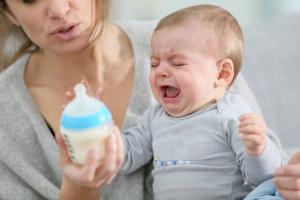 Infantile colic is often described as a behavioral condition. The main features are crying (that is difficult to resolve); poor sleeping, crying with feeding and lots of gas. There should be an absence of all other possible causes such as hunger, infections, obstructions or structural abnormalities all of which should have been ruled out by the baby’s doctor.
Infantile colic is often described as a behavioral condition. The main features are crying (that is difficult to resolve); poor sleeping, crying with feeding and lots of gas. There should be an absence of all other possible causes such as hunger, infections, obstructions or structural abnormalities all of which should have been ruled out by the baby’s doctor.
The onset of colic has been reported to be between three days and four weeks of age. It is very distressing for the parents as the poor baby is not easily calmed with feeding or consolation and the cry is higher pitched than normal. There are paroxysms of irritability lasting more than three hours a day at least three days per week.
Talipes
Talipes is a deformation of the foot present at birth. There are many causes, most of which needs requires medical intervention and you will be told this when baby is born.
When the cause is constraint in the womb where the baby has been lying with the feet in an awkward position often manual therapy will be sufficient.
Osteopathic approaches and considerations
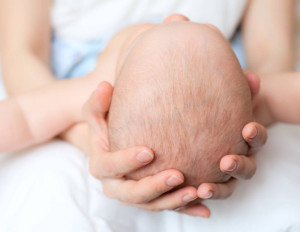 Osteopathy is based on the principle that the structure and function of the body are intimately related. If the structure is not balanced and healthy then the function is affected. Osteopaths believe that the healthy balance and function of the musculoskeletal framework is essential to whole body health.
Osteopathy is based on the principle that the structure and function of the body are intimately related. If the structure is not balanced and healthy then the function is affected. Osteopaths believe that the healthy balance and function of the musculoskeletal framework is essential to whole body health.
Babies’ skeletons are softer than an adult’s and Denise will therefore use gentler techniques such as cranial osteopathy when treating babies. Osteopathic techniques are suitable for children of all stages of development.
Gentle manipulation could help soothe and relax your baby
Denise will always ensure that patients and their babies and children seek appropriate medical advice and treatment alongside any osteopathic treatment, and will refer patients back to their GP if a problem is not suitable for osteopathic treatment.
For more information on how Denise can help your baby or young infant, please contact the clinic directly and she will happily answer any questions you have and invite you for a consultation if suitable.
